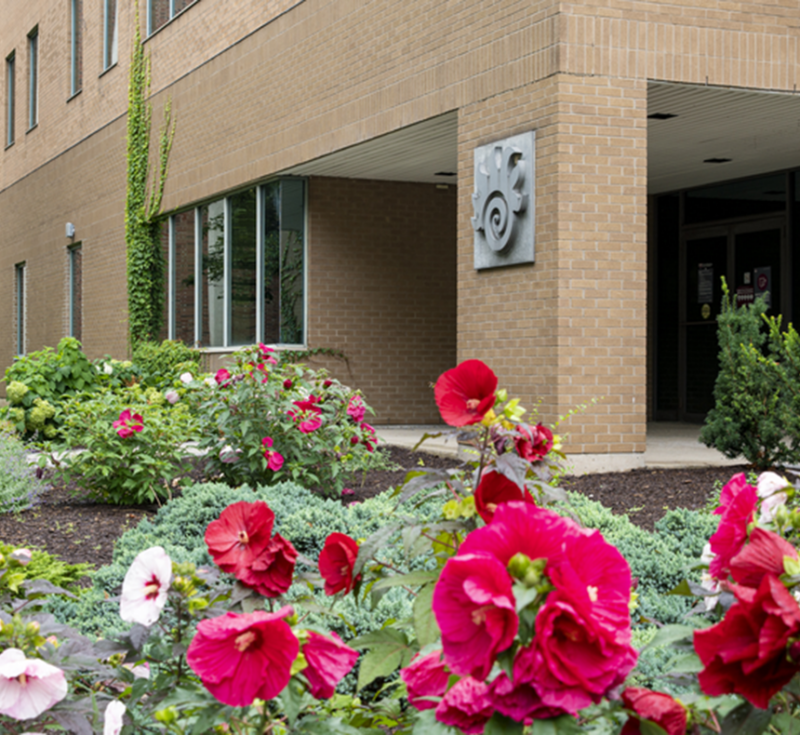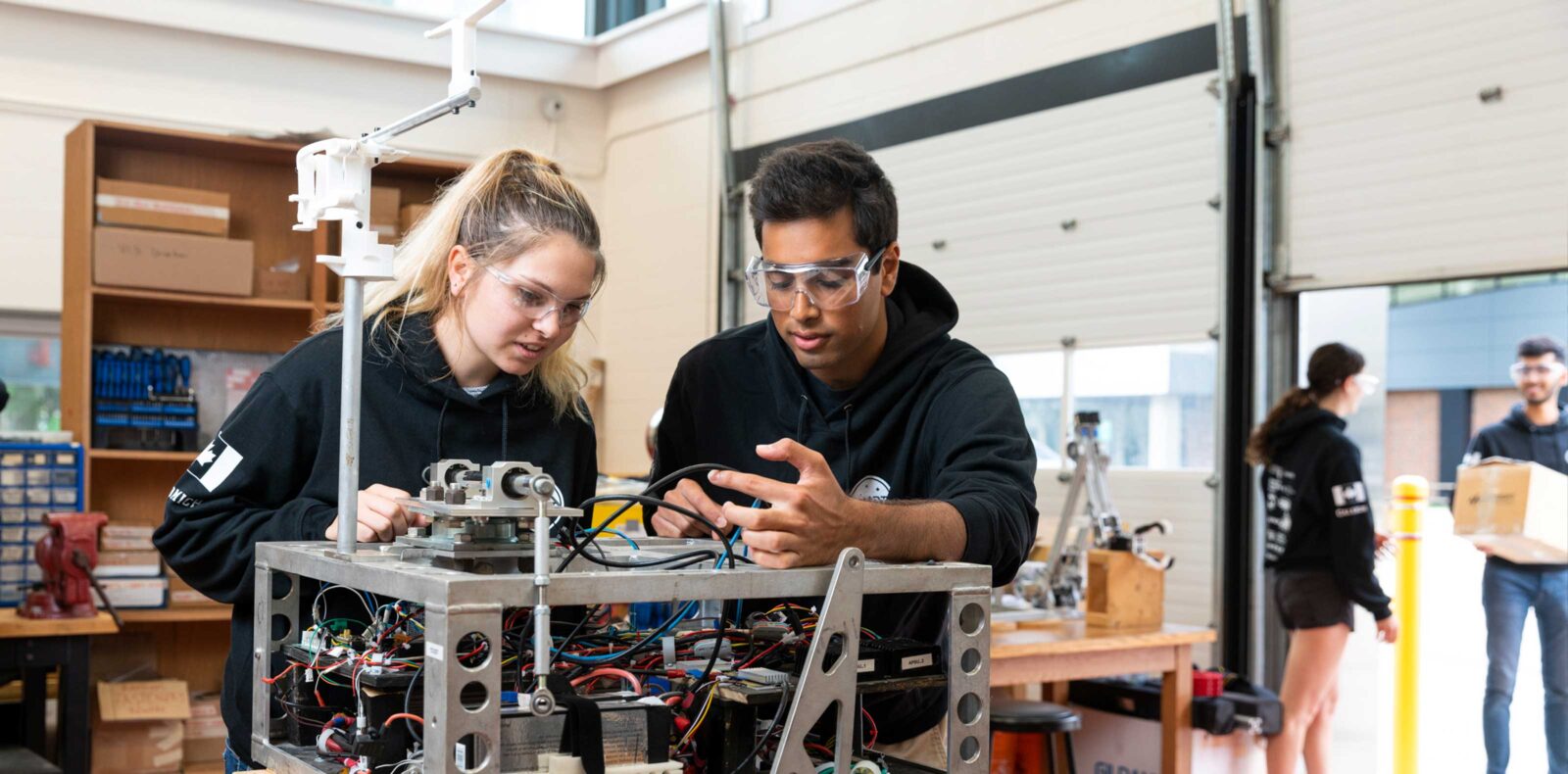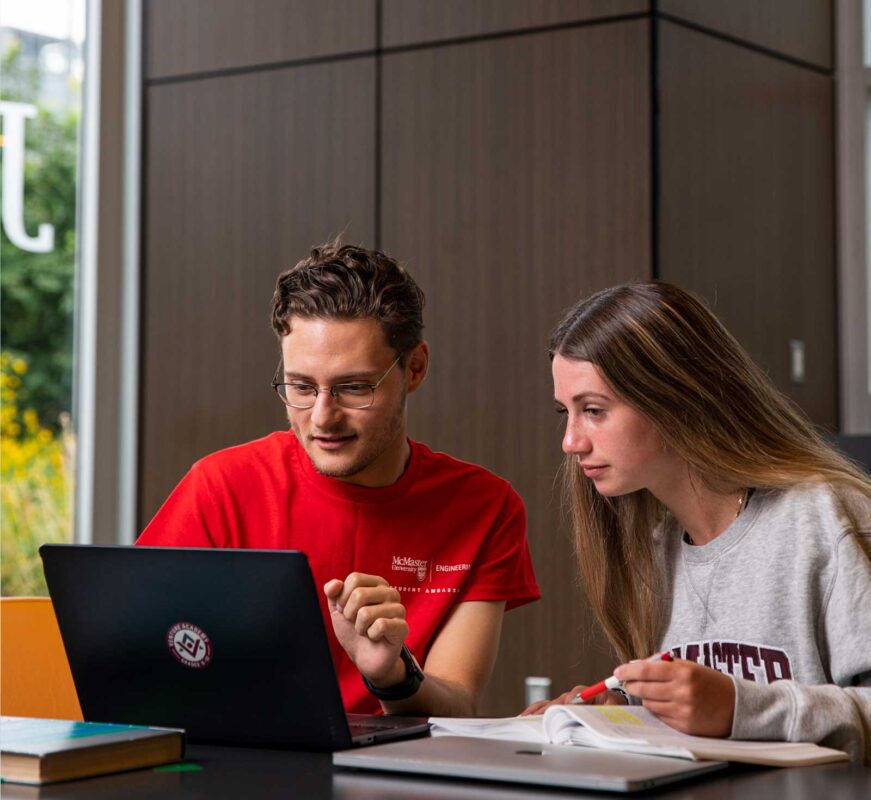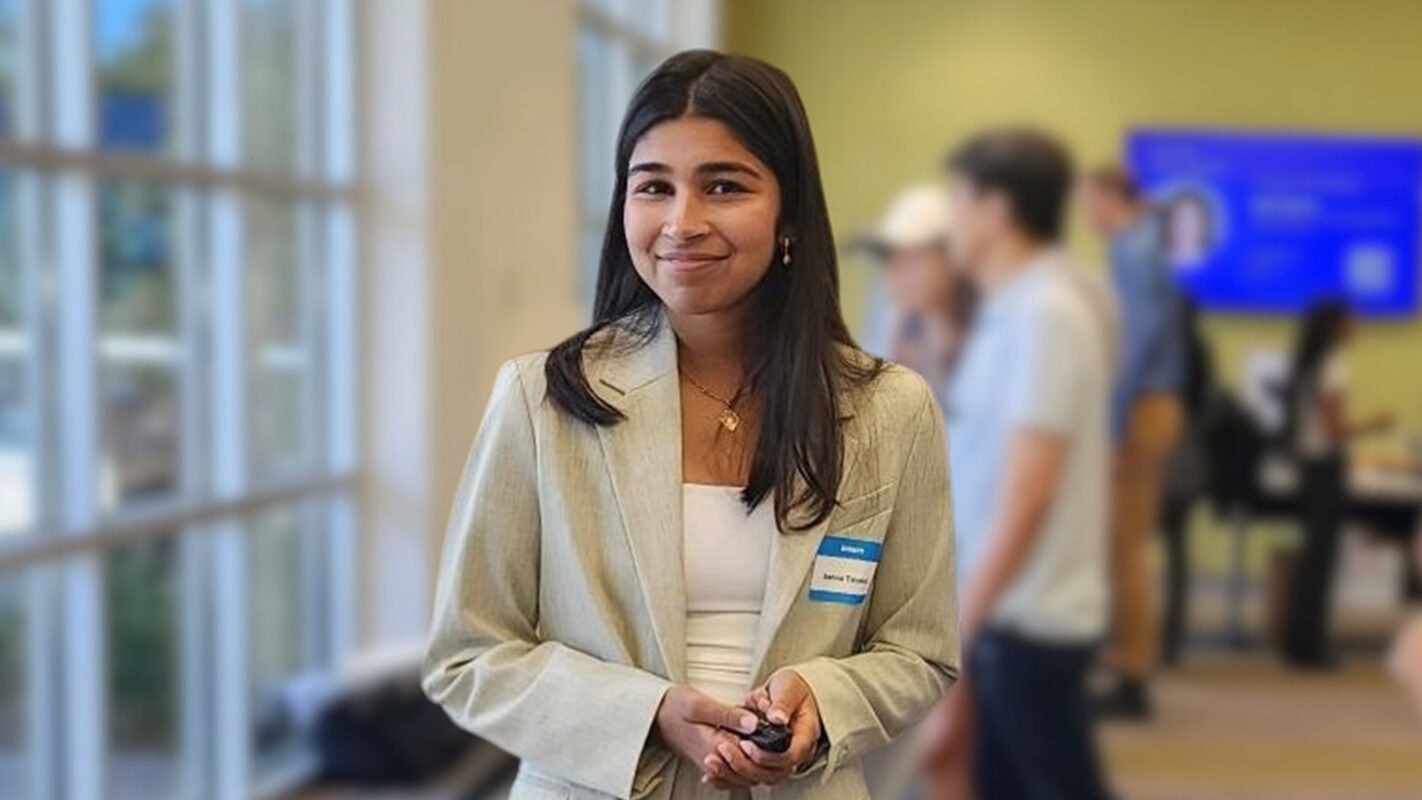
The co-op program combines academic study with alternating work terms of durations from 4 to 16 months in length.
Co-op gives students an experiential learning opportunity to apply academic knowledge outside the classroom, enhance their academic experience through paid employment and have a competitive edge for the workforce.
Gain experience
- Get job experience while you study.
- We offer short-term (i.e. 4 months) and long-term (i.e. 8, 12 and 16 months) co-op opportunities.
Earn money
- Co-op jobs are paid. The wage rate of a co-op job will be dependent on a number of factors including type of role, level of skill/experience needed, type of industry, geographic location, as well as other relevant labour market factors.
- In 2023/2024, the average hourly wage for Faculty of Engineering co-op students was $25 per hour. The wage range for students was between $16 – $63 per hour.
Build a professional network
- Meet employers face-to-face and build your professional network.
- Learn about potential job opportunities and gain insight into the hiring process.
Prepare for career decision-making
- Career planning and employment are foundational topics for which all students receive training prior to participating in a work experience.
- Additionally, reflective activities and 1:1 guidance from our Career Education team are embedded in the co-op experience to ensure learning and skill development are supporting students in making informed assessments about their experiences and are equipping and empowering them to make decisions about their future.
Our services for students
The Centre for Career Growth and Experience relies, in part, on the collection of an annual enrolment fee as well as the co-op work term fee to provide our services and support our engineering students and employer partners. Our service model begins immediately from the first semester of a student’s first year and continues up until the point of graduation.
We provide services year-round, which allows students to access services at the time they need them, with no financial concerns. All students are encouraged to take advantage of the resources made available and can do so at any time (regardless of if you’re in school or out on co-op).
We charge the fees at the time you secure a job, as we find that this way is usually more affordable for students (versus one large lump sum payment at the start of the year). This also ensures that you are only paying at the time you have a job. In the case you do not secure a position, you are not burdened with paying fees at that time. Our services continue to remain available to you. We strive to maintain the lowest co-op fee in Canada and provide a model which is more financially viable for students.
Come visit us in The Gerald Hatch Centre for Engineering Experiential Learning Room H301.

What do my fees pay for?
Work term support
Students can access our services year-round, including when on a work term. We are in contact with you for scheduled check-ins and work term reflections during your work term., We also contact your supervisor to ensure you have the best co-op experience. Some of the topics we help you navigate include: contract and salary negotiations, concerns at the workplace, career development, planning and more!
Career education and professional development
Your Career Educator is a dedicated and trusted advisor who helps you navigate through every step of your co-op experience. We have appointments available all day, every day.
We look forward to helping you with your resumes, interviews skills, networking strategy, how to job search and more!
In 2022/23, we held nearly 5,000 one-on-one student appointments, both virtually and in-person.
Talent partnership and employment relations
Our dedicated team of consultants work directly with employers to facilitate student hiring and promote MacEng students as top candidates.
Annually, we curate and post over 10,000 job opportunities on OSCARplus, and bring more than 100 employers to campus each year to meet with Mac Eng students.
Employment career preparation courses
All students participate in an employment preparation course which focuses on providing you with fundamental knowledge and tools to conduct a successful job search and engage in a successful co-op experience. These courses include topics such as building your network, preparing a resume, developing your interview skills, navigating the job search process and understanding employer expectations.
Administration
A portion of your fees goes towards keeping the lights on and the wheels turning. Our administrative team takes care of student records, course enrolment and general inquiries, among other things. Our administrative team also assists employers in the recruitment process, including posting jobs, scheduling interviews, making offers and assessing student eligibility.
Events, workshops and networking opportunities
Annually, we host over 100 events on campus and virtually, giving you the opportunity to engage, network and find your potential future employer. We also offer weekly career workshops and professional development events to help you develop your competitive edge. Join us for the opportunity to get your name out there, make connections and learn more about your potential future employer.




